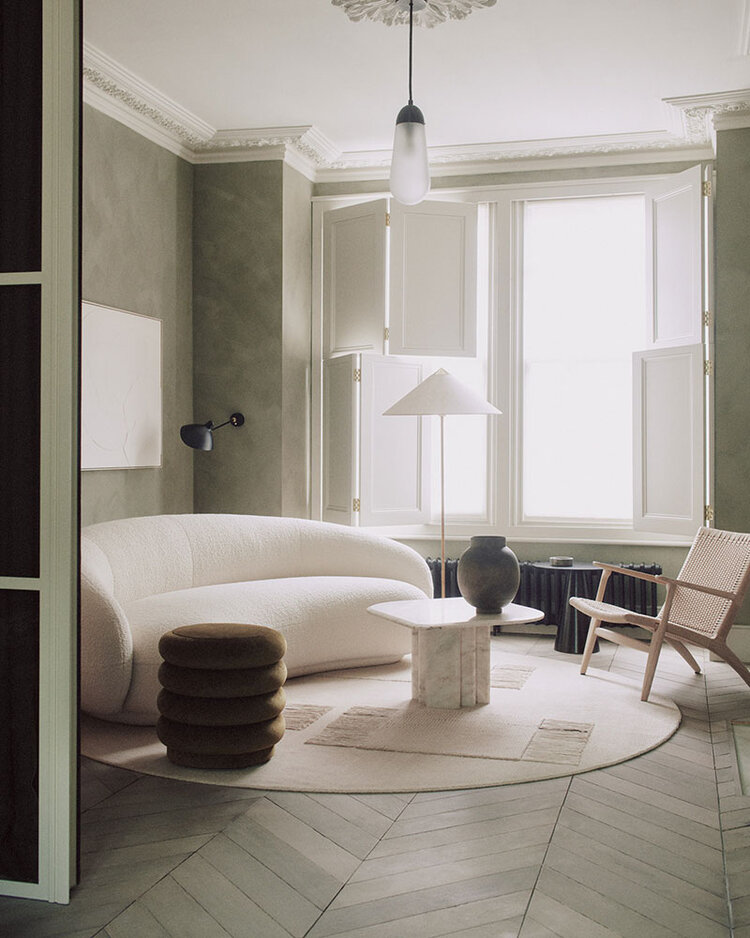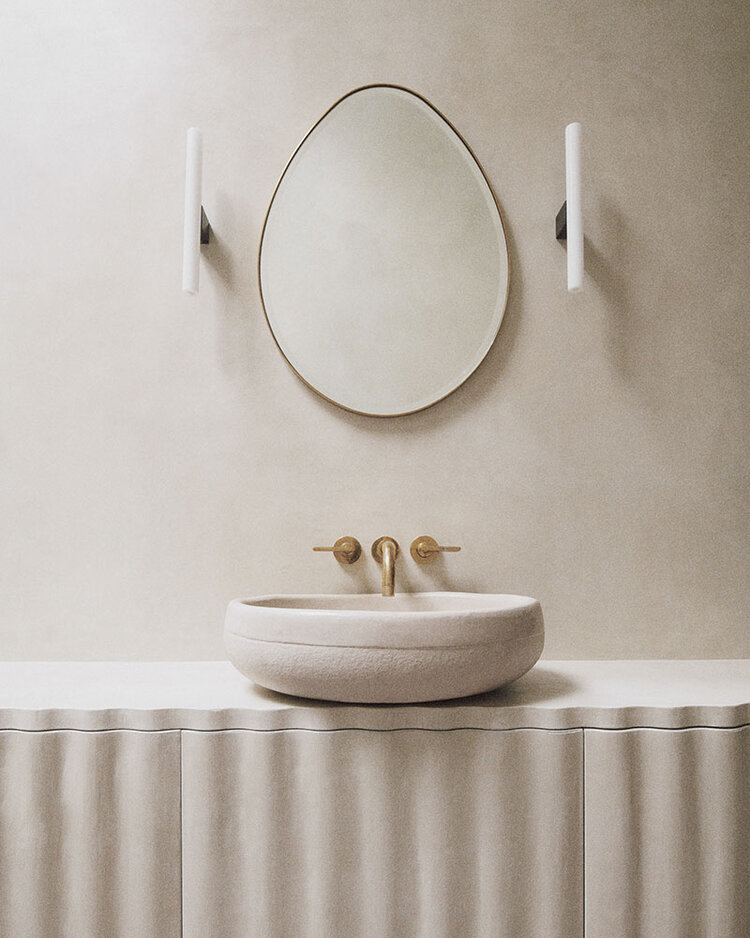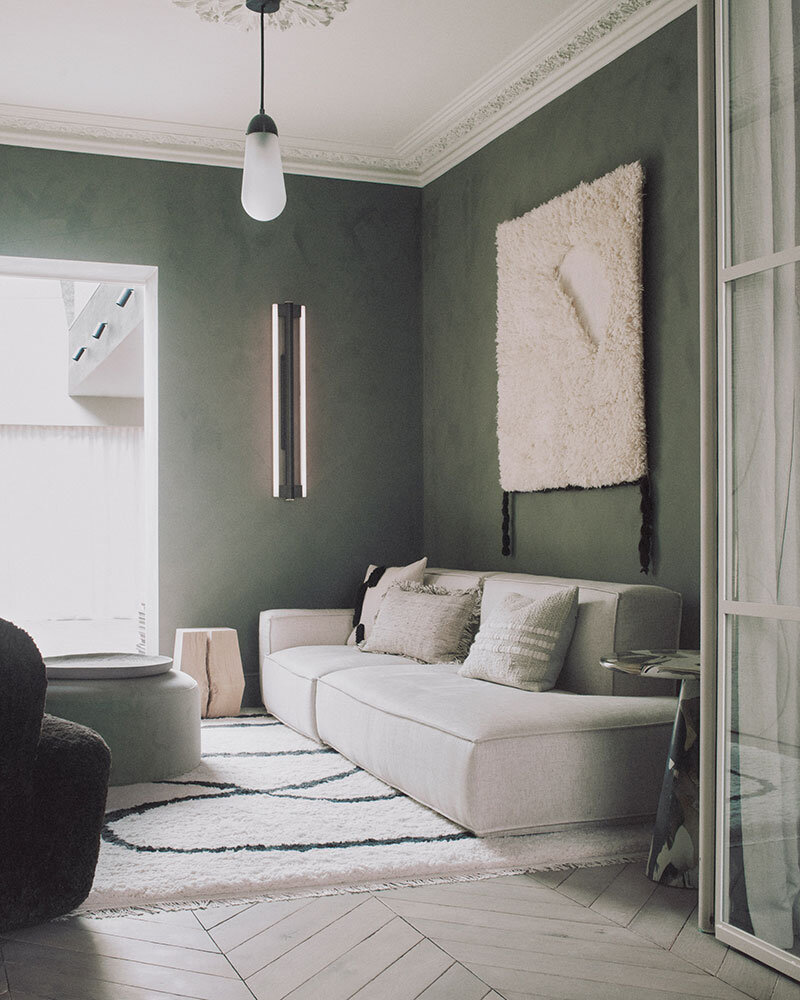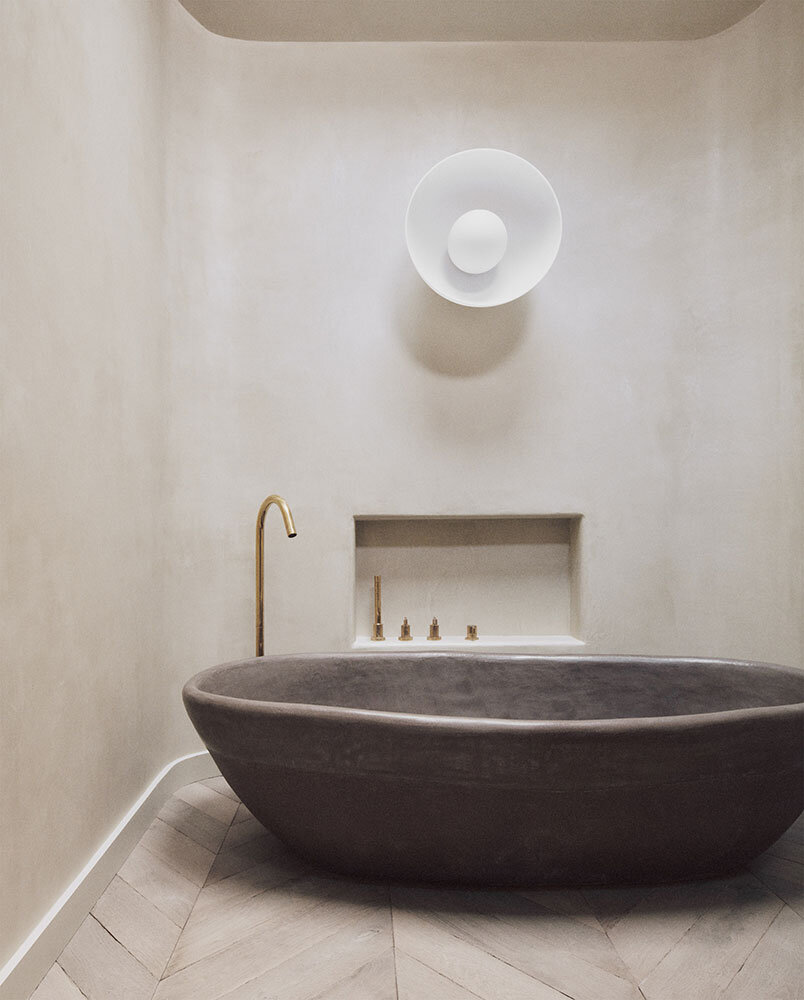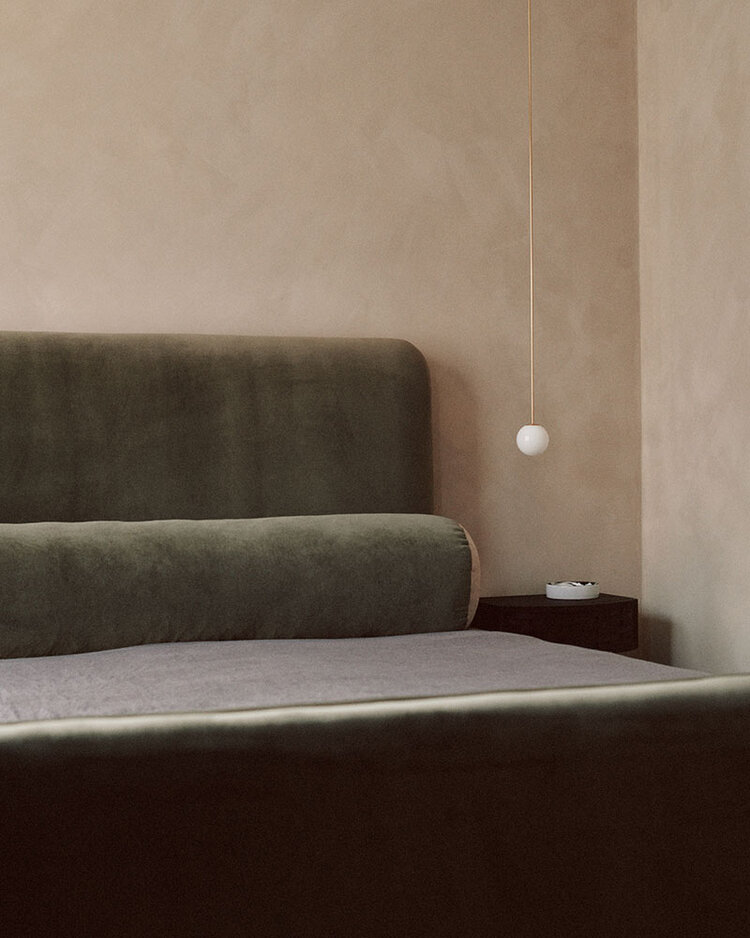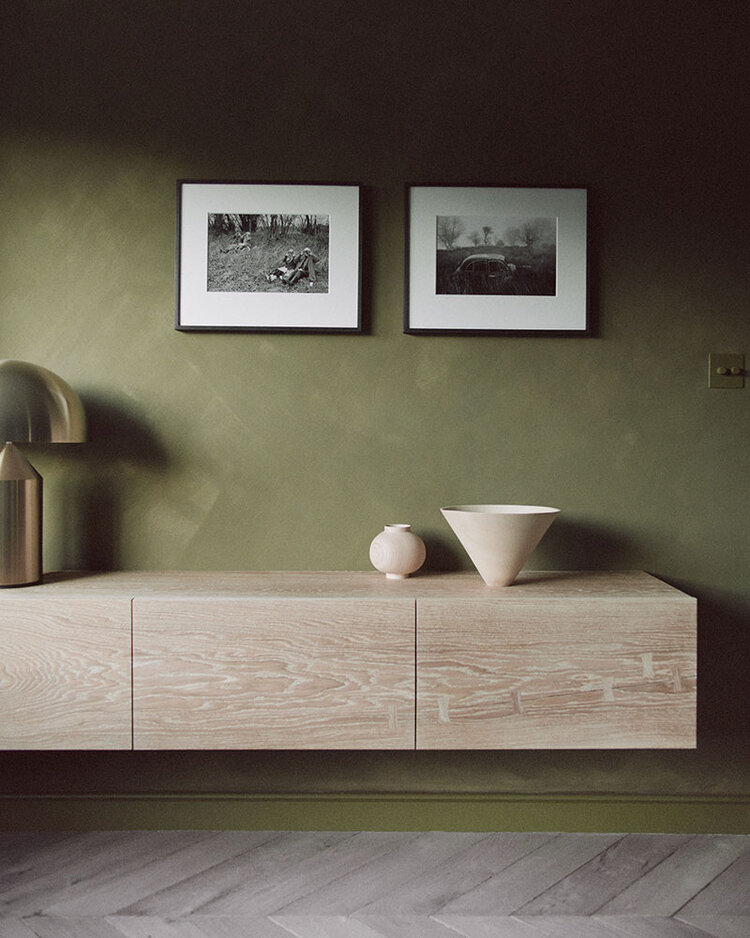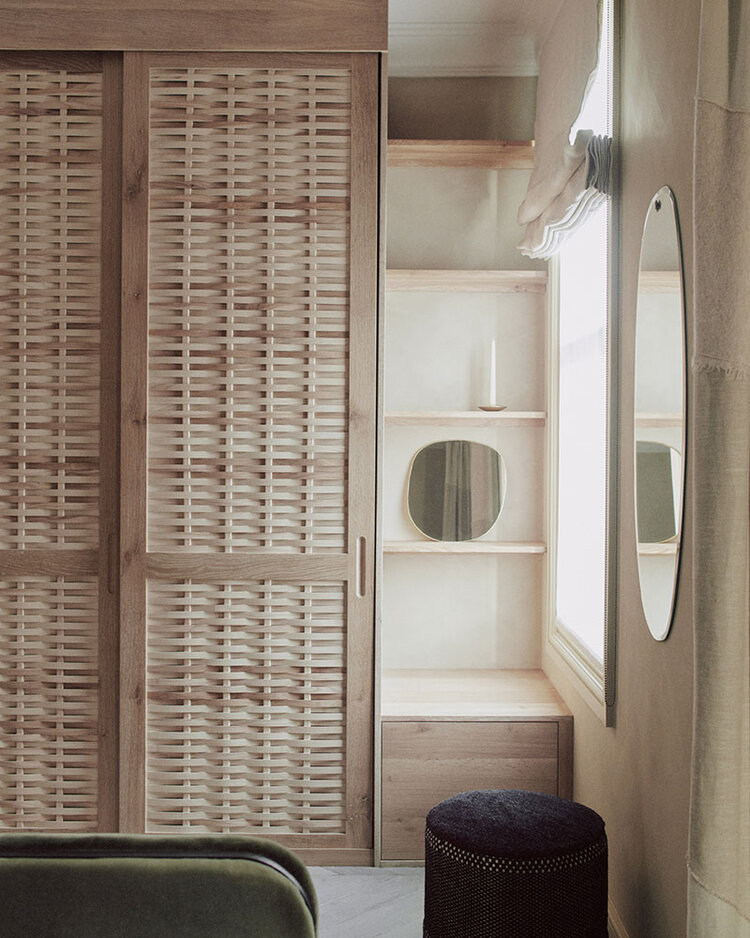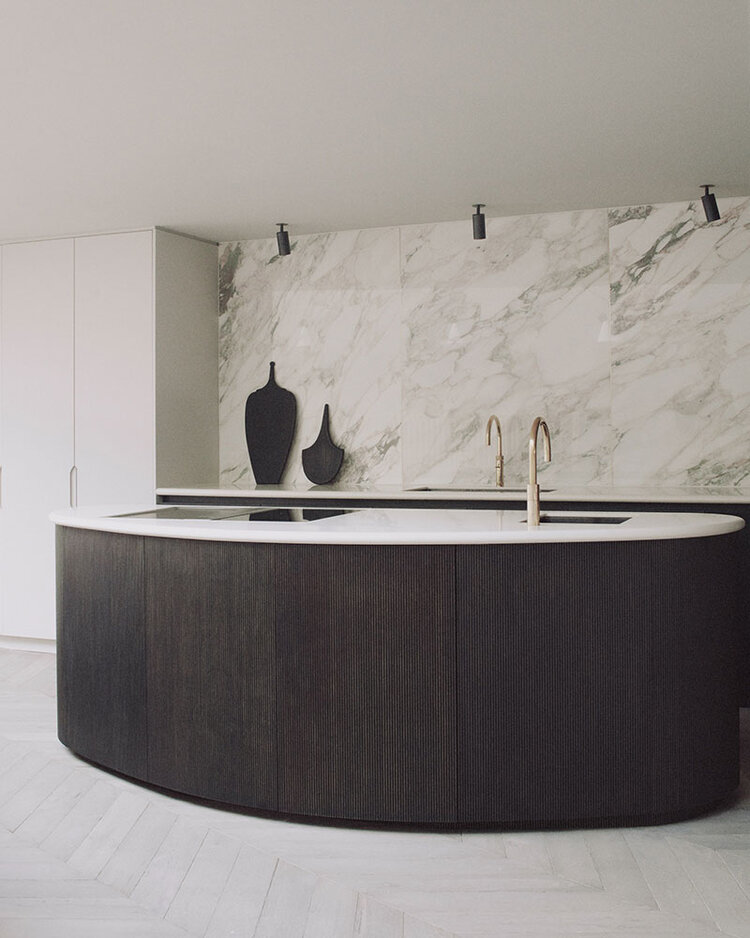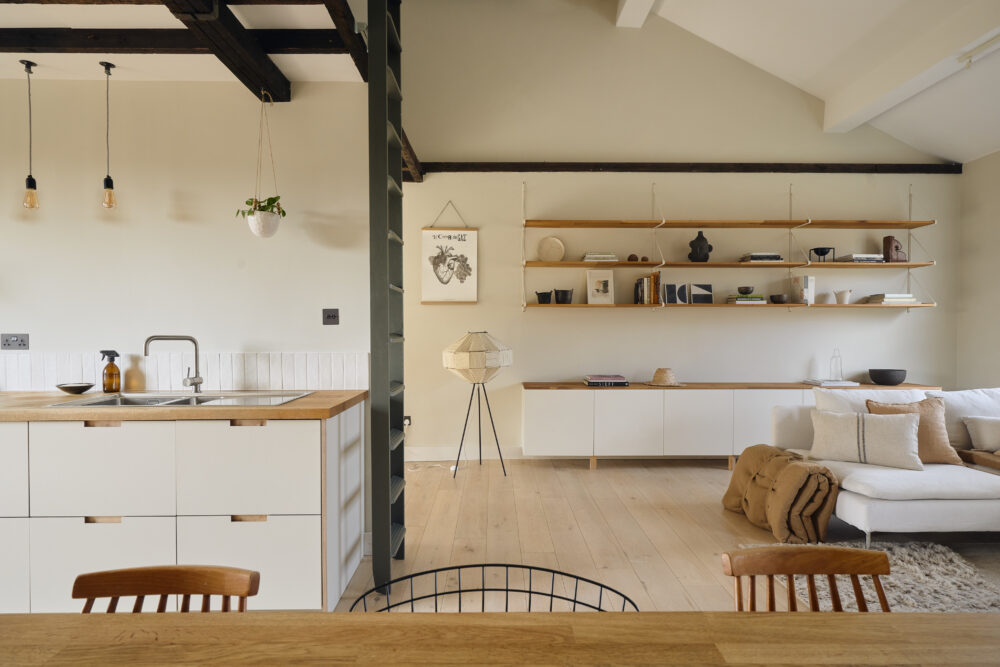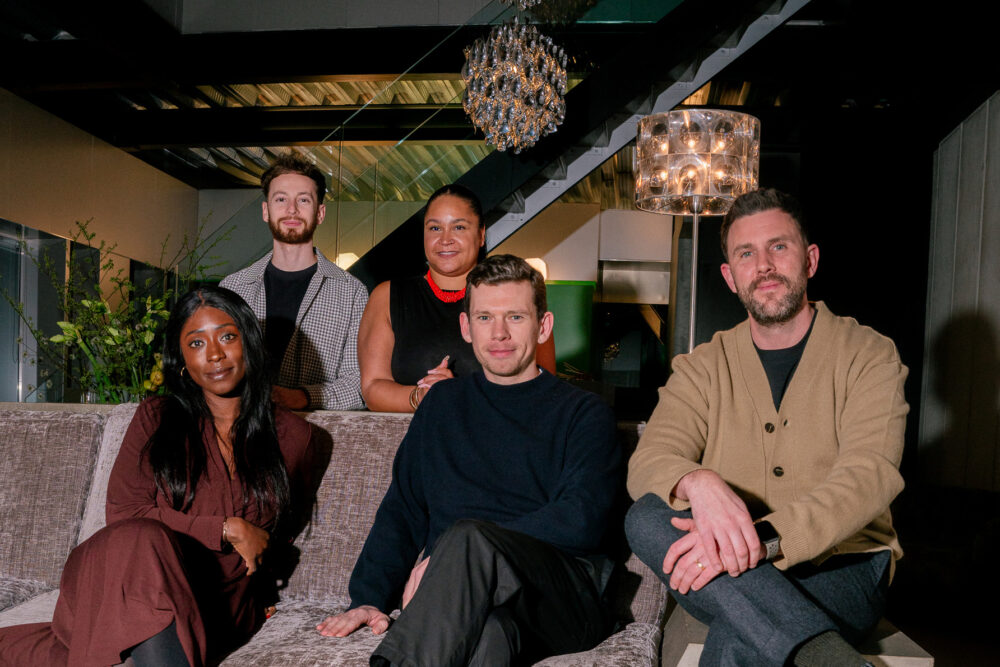House of Grey: on salutogenic design
Architectural and interior design affects us; in ways we can identify and understand, and sometimes in ways we aren’t as consciously aware of or in tune with. Spaces can make us feel uplifted, safe or comfortable, energised, relaxed or focussed, all depending on how they take shape.
‘Salutogenesis’ was introduced in 1979 by Aaron Antonovsky, in his book Health, Stress and Coping, as a medical approach to design that serves to support human health and wellbeing. It is a perspective that has been fervently adopted by House of Grey, who effortlessly incorporate its principles into their holistic approach to interior design.
We speak to Louisa Grey, founder of House of Grey, about why salutogensis is important to her, and discuss how House of Grey apply salutogenic principles to their projects. We also consider the approach’s impact beyond the home and those who inhabit it – but on the rest of the world too.
Salutogenic Design’s simple aim is to build structures that make people healthier, a principle that originated in the construction of many of the world’s leading modern hospitals.
“A measurable aspect of design that can help people operate at peak performance and help them to maintain physical and mental wellbeing. It is the ultimate investment in people in an architectural sense.” – Aaron Antonovsky
Over the past decade at House of Grey, we have been refining our design thinking, creating spaces that restore our clients. We have always believed that there is an important relationship between an individual’s health/mental space and the characteristics of the physical environment that we surround ourselves with.
Our interior design work focuses on enhancing human health as well as aesthetics: Incorporating locally-sourced, high quality, natural and sustainable materials wherever possible and designing spaces which complement people’s intuitive way of working and living, evolving with them as their needs change over time.
As a design studio, our fundamental aim has become the need to leave a positive design legacy when renovating and restoring modern and historic spaces. Each material and resource we specify is researched so that we can understand its impact on human and ecological health when in production, when in use, and once it has been discarded. By integrating environmentally sustainable materials and principles into our renovation projects, it is possible to significantly reduce environmental impacts through less energy consumption, less natural resource depletion and pollution, plus less toxicity for both the occupants and the entire ecosystem.
In positive surroundings we can truly live in the moment, bringing us into a state of contentment which supports our personal evolution, helping us to become a person who is wanting and needing less. This is not an innovation, this is the innate way of living and the future of modern living – where we elevate ourselves to a state of health and happiness. Our studio believes that when we do not design for human and ecological health we are making unintelligent choices.
Our recently completed Highgate residential project fuses our aesthetic and studio philosophy with salutogenic principles to design a home-retreat for our clients who wished to actively invest in pursuing health and contentment in their lives.
The studio is navigated towards an understated luxury + simplicity, so the palette used for the Highgate project was very much reflective of this. Considering the environments in which we live and work for conscious contentment in a modern day life is always at the very forefront of our minds. All elements within a project are thoughtfully curated to nourish and restore our clients daily.
A subtle use of textures and pattern goes hand in hand with House of Grey’s house style and aesthetic. This variety adds a range of experiences and enables a sensory space of discovery, a space that simultaneously engages multiple senses whilst allowing a restorative, calming environment for all occupants.
Salutogenic principles can easily be introduced into one’s personal spaces simply through considered material choices. For example, natural lime paint is free of toxins and VOCs, providing a healthy alternative to widely available chemical-based paints.
As part of our creative practice, we commission and collaborate with artists and makers, such as Sebastian Cox, who ‘make for a better future’ in a forward-thinking, zero-waste, carbon-counting workshop and studio in London. The desire to create bespoke features seeds itself from an inability to find pieces for the home that not only resonate with us aesthetically but follow sustainable manufacturing processes and use 100% natural materials.
In the Highgate project for example, House of Grey commissioned and co-designed the master bed, bedside tables, wardrobe (with the interiors made from cedar wood to prevent moths), and vanity unit with Sebastian Cox. Our selection of choice materials, such as ebonised oak, blackened ash and English cedar wood, all constitute to an improved emotional state while encouraging easier breathing and improved air quality by moderating humidity.
Just as those visible parts strengthen human health, we have honed in on the details to make sure every element is considered and brings a positive impact to the interior scheme. The master bed has been upholstered using a combination of rubberised hair, comprising of animal hair (typically a mix of hog, cattle and horse short hairs) with natural latex, and layered with a 100% wool wadding. Our choice of bedding and mattress (from NaturalMat) is from a sustainable resource that is harvested according to Fair Trade principles and is 100% biodegradable, so they will return to nature, as nature intended.
Salutogenic strategies can be applied to other areas of your life and include efforts to create, enhance and improve physical, mental and social vibrations. In our opinion this covers a broad range of processes, but inevitably it is the actions which make you feel good and brings lightness to your life that we encourage.
A salutogenic framework in your life supports how people stay well when encountering periods of stress, thus having a strong foundation in your home environment can support you immensely.
The new House of Grey studio and showroom space is currently in construction and will be launching in Autumn 2021 (Covid permitting). It will be in line with our studio vision and be reflective of our studio values. Creating an environment that enhances employee wellbeing shows you care. Work satisfaction, staff motivation and employee retention can begin with creating a space which teams look forward to being in together, and collectively enjoy, and where comfort facilitates essential conversations and human connection.
Light, warmth, space and colour choices make a huge difference to the feeling of a place. Colours don’t have to be colourful. Curating a palette of hues that soothes you and those around you creates harmony and unity.
Our team have been trained not just in the key skills for effective interior design and impactful styling – they have each been immersed in the values of House of Grey, and together we embody its ethos.

